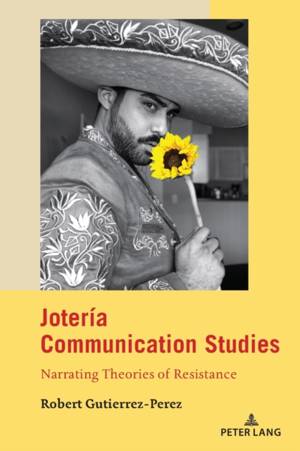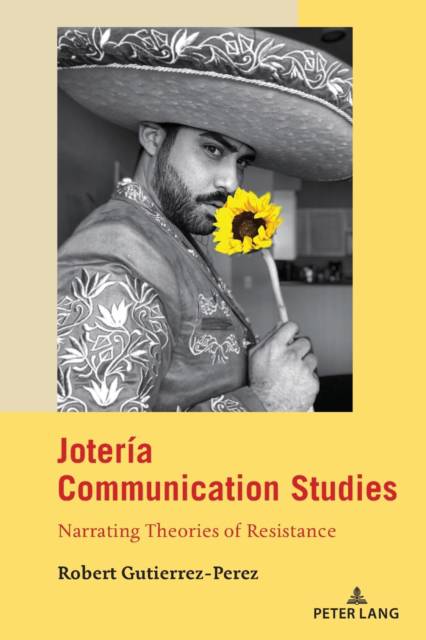
- Afhalen na 1 uur in een winkel met voorraad
- Gratis thuislevering in België vanaf € 30
- Ruim aanbod met 7 miljoen producten
- Afhalen na 1 uur in een winkel met voorraad
- Gratis thuislevering in België vanaf € 30
- Ruim aanbod met 7 miljoen producten
Zoeken
€ 71,95
+ 143 punten
Uitvoering
Omschrijving
This book articulates Jotería Communication Studies as a subdiscipline and as a praxis for resisting multiple forms of oppression by focusing on how everyday performances of identity and culture challenge master narratives of power and control. Although this book is for scholars, artists, and practitioners from communication studies, gender and sexuality studies, performance studies, cultural studies, or even, Latinx and Chicanx studies in education, sociology, history, literature, media, arts, and humanities, this book speaks to and with those nonheteronormative mestizas/os who perform their sexuality and gender in queer practices and communicative forms-Jotería. As a methodological intervention into the study of marginalized and subaltern communities, this book provides research on Gay, Bisexual, Transgender, Queer, and Questioning (GBTQ) Chicano and Latino communities from specific geographic regions of the U.S. Southwest. Utilizing multiple methods, this book provides a cultural map or political snapshot of a particular time and place from a particular point of view or location and generates knowledge that highlights reflexivity, cultural/queer nuances, and decolonial acts of resistance. Specifically, this book locates "theories in the flesh" in the borderlands narratives of Jotería, such as cuentos, pláticas, chismé, testimonio, mitos, and consejos. These theories of power and resistance create knowledge about how Jotería make sense of their own difference, how people interpret their assumed or perceived difference, and ultimately, how difference is managed as an emancipatory tool toward the goal of queer of color world making.
Specificaties
Betrokkenen
- Auteur(s):
- Uitgeverij:
Inhoud
- Aantal bladzijden:
- 300
- Taal:
- Engels
- Reeks:
- Reeksnummer:
- nr. 26
Eigenschappen
- Productcode (EAN):
- 9781433164620
- Verschijningsdatum:
- 14/09/2021
- Uitvoering:
- Paperback
- Formaat:
- Trade paperback (VS)
- Afmetingen:
- 152 mm x 229 mm
- Gewicht:
- 417 g

Alleen bij Standaard Boekhandel
+ 143 punten op je klantenkaart van Standaard Boekhandel
Beoordelingen
We publiceren alleen reviews die voldoen aan de voorwaarden voor reviews. Bekijk onze voorwaarden voor reviews.







